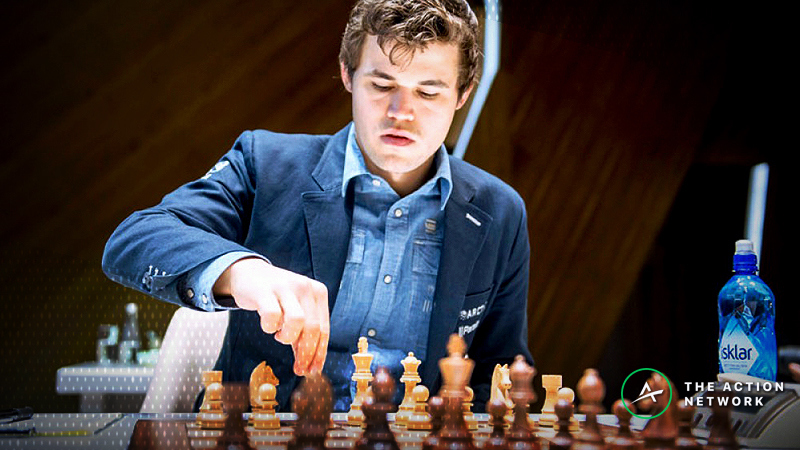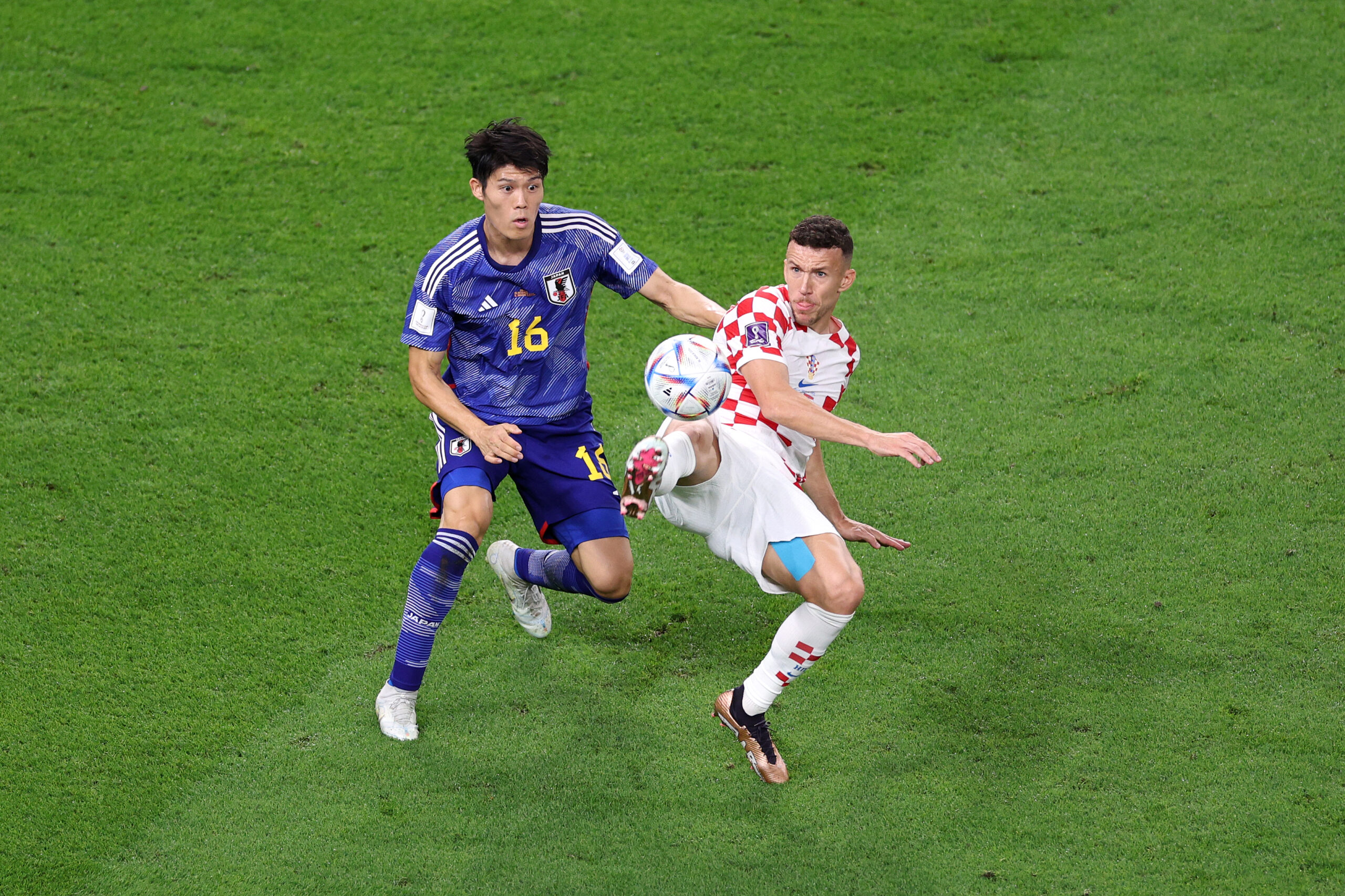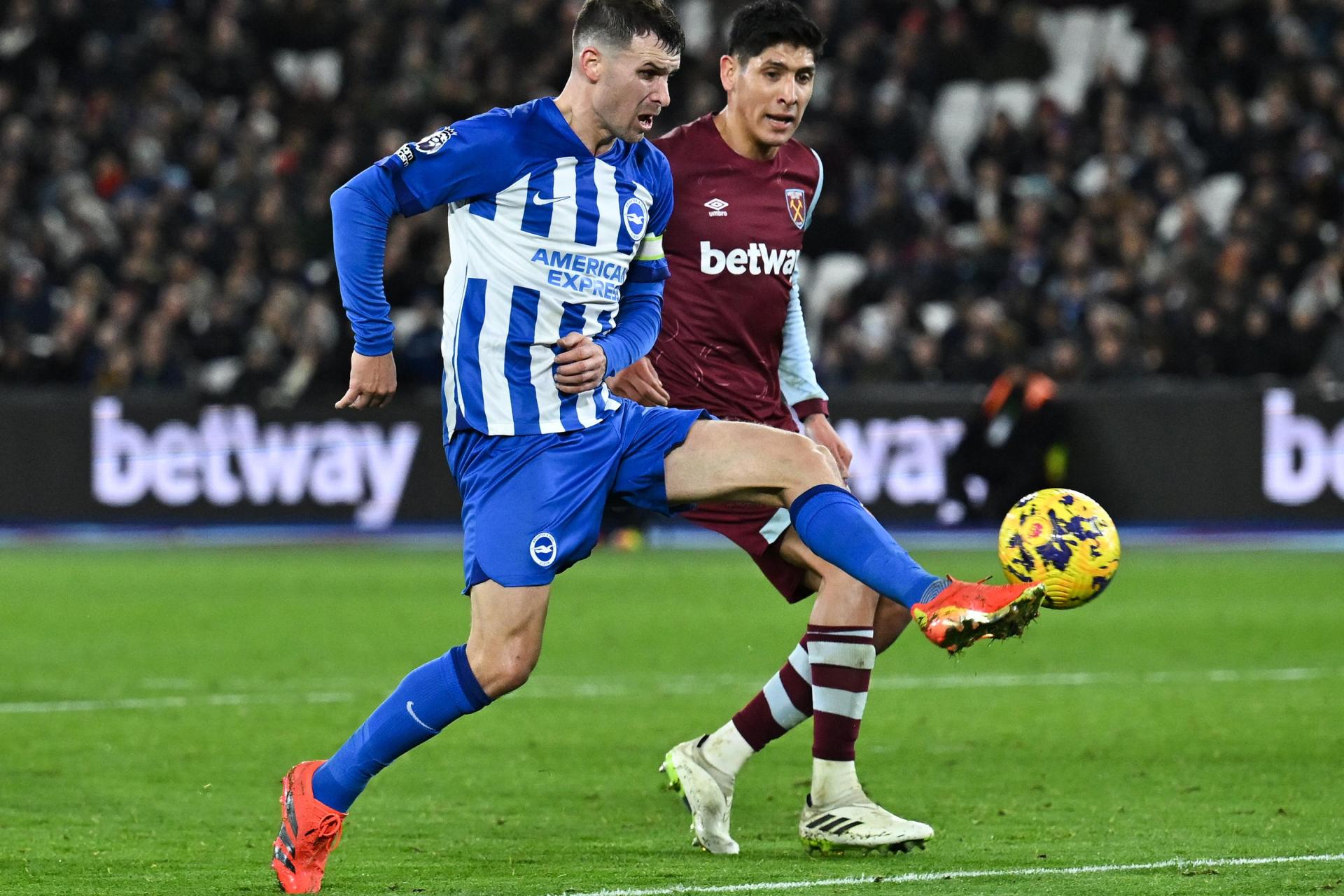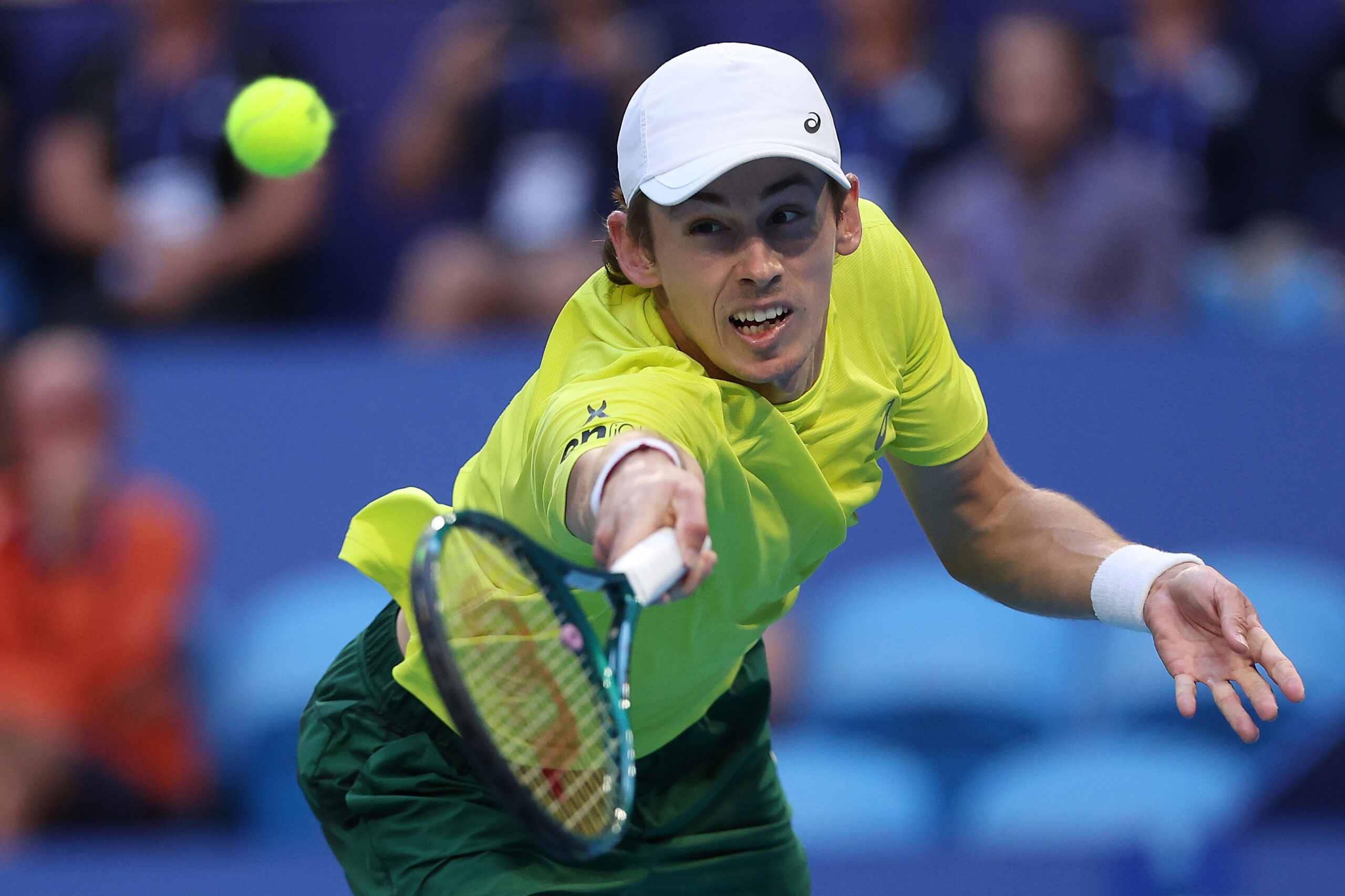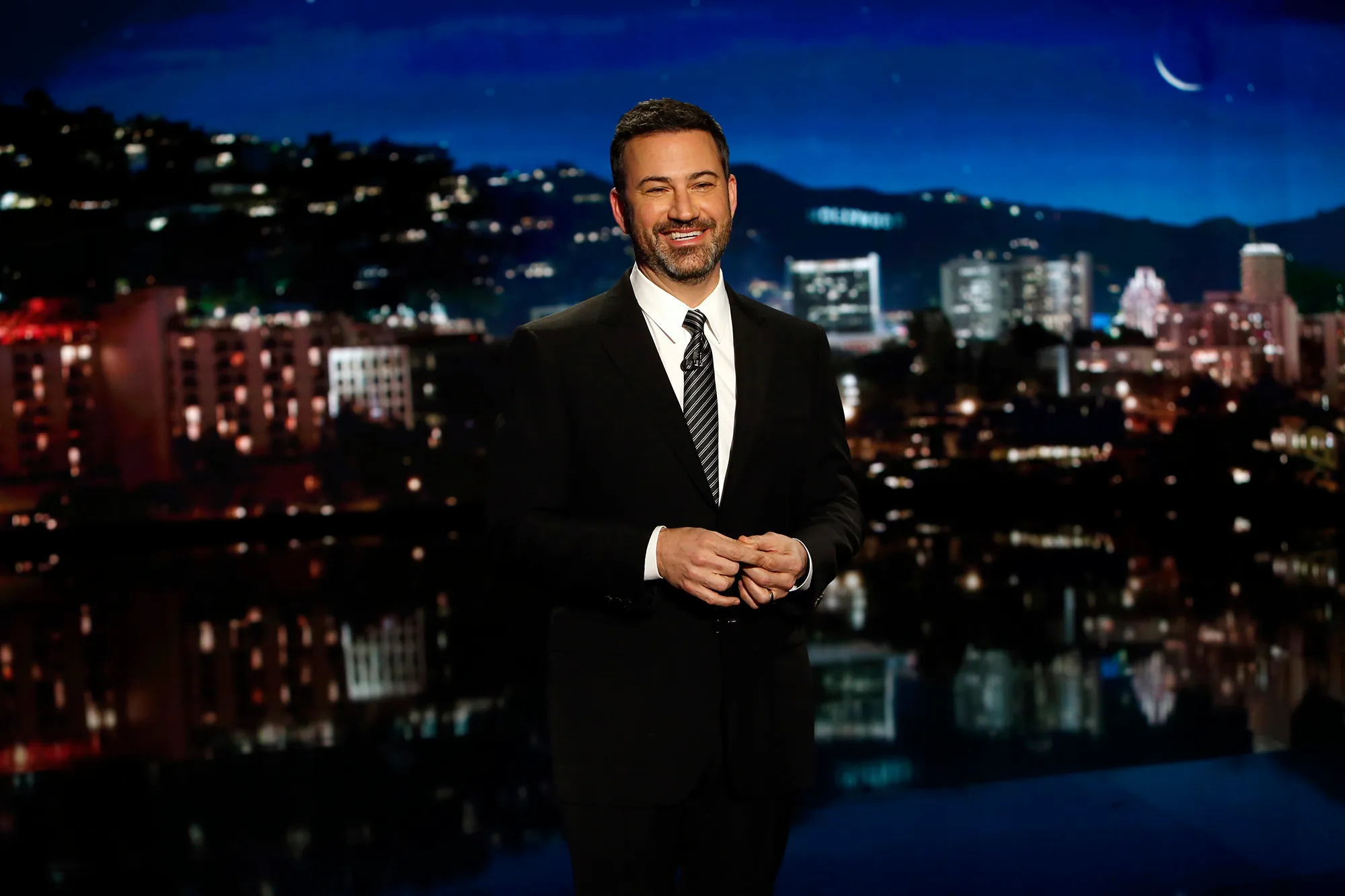In the annals of chess history, few names shine as brightly as Magnus Carlsen’s. The Norwegian prodigy ascended to chess greatness with his unparalleled strategic acumen and unwavering determination. His recent victory in the World Cup Chess Championship held in Baku has not only solidified his status as the reigning chess king but also catalyzed an earnest plea for change within the chess community. Carlsen’s call for shorter time controls reflects his forward-looking vision for the game’s evolution.
A Triumph in Baku
Magnus Carlsen’s triumph in the World Cup Chess Championship held in Baku was more than just another notch in his belt of accomplishments. It was a testament to his enduring dominance and an embodiment of his insatiable hunger for success. The fierce battles on the 64 squares culminated in Carlsen’s victory, reaffirming his status as the world’s top-ranked chess player. Yet, amidst the celebration, Carlsen’s focus extended beyond the laurels he had earned.
The Case for Shorter Time Controls
Carlsen’s victory speech echoed with a plea that reverberated throughout the chess community – a call for shorter time controls. Traditionally, classical chess has been played with time controls that allow for extended contemplation, fostering deep strategic maneuvering and contemplative decision-making. However, Carlsen’s advocacy for shorter time controls signals a departure from this entrenched tradition.
His argument rests on the belief that shorter time controls would not only increase the entertainment value of the game but also make chess more appealing to a broader audience. Carlsen envisions a version of chess that combines the inherent complexity of the game with the excitement of rapid decision-making. By shortening the time allotted for moves, he hopes to create a more intense and fast-paced environment that captures the attention of both novices and seasoned enthusiasts.
Balancing Tradition and Innovation
Critics argue that shorter time controls may sacrifice the depth and nuance that are synonymous with classical chess. They contend that rapid time controls could undermine the intricate beauty of strategic planning and encourage impulsive moves. However, Carlsen’s proposition seeks to strike a balance between maintaining the essence of the game and injecting fresh energy into it. He envisions a chess variant that captures the spirit of traditional play while catering to modern expectations for immediacy and excitement.
The Path Forward
Carlsen’s advocacy for shorter time controls is not without precedent. Various chess formats, such as rapid and blitz, have already gained popularity, showcasing the allure of faster-paced games. The success of these formats provides a glimpse into the potential of Carlsen’s vision. Implementing shorter time controls for select events or introducing them alongside traditional play could cater to a diverse audience, from purists to those seeking a quicker, more dynamic experience.
Magnus Carlsen’s “small plea” for shorter time controls following his World Cup Chess Championship victory in Baku transcends the boundaries of a mere post-tournament reflection. It signifies a visionary’s determination to uphold the essence of chess while adapting it to the expectations of a rapidly changing world. As the chess community contemplates this proposition, one thing remains clear: Carlsen’s influence extends beyond the 64 squares, shaping the very trajectory of the game he has come to define.

